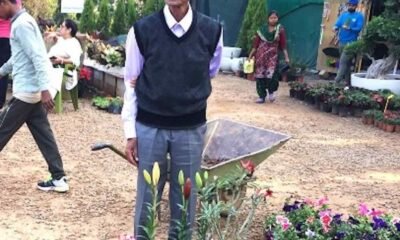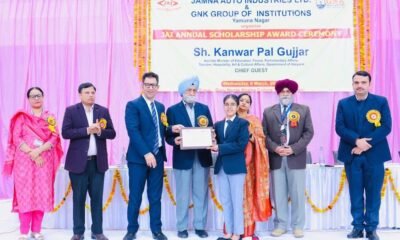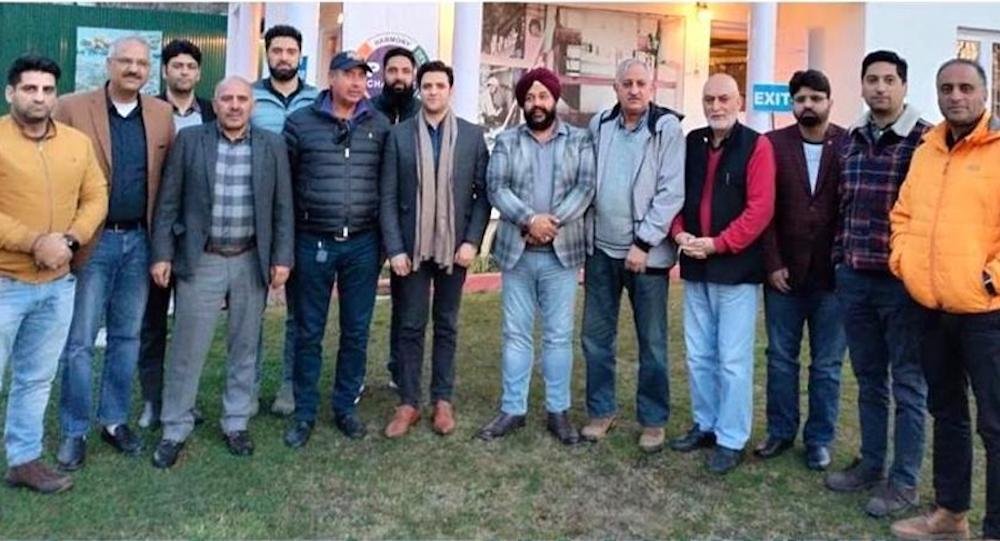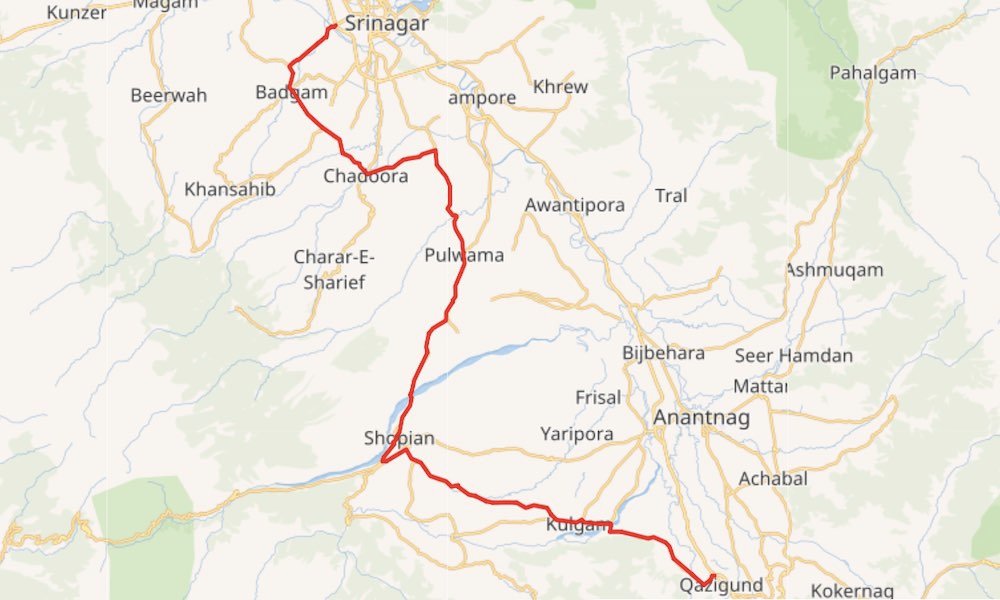Pawan Kotwal holds meeting-cum-training of registrars, sub registrars
BK News
Jammu, Jan 28: Inspector General Registration, Dr Pawan Kotwal, Thursday rolled out J&K Government Receipt Accounting System (JKGRAS) portal in Registration Department for easy payment of registration fee by the citizens for getting registration of documents done at the Sub Registrar offices from anywhere without visiting the treasuries or banks.
Dr Pawan Kotwal, later, convened a meeting cum training session of all the Registration Officers to acquaint them with JKGRAS module.
Additional Inspector General Registration, Jammu, Leena Padha, Tehsildar Headquarter, Rafiq Ahmad Jaral and all the Registrars, Sub Registrars of J&K participated through video conferencing.
Technical Director NIC, J&K, Rajesh Kumar gave a detailed presentation on the GRAS module.
The government has recently launched the Government Receipt Accounting System (GRAS) portal in the Union Territory.
Dr Kotwal asked the developers to incorporate the features as per the requirement of the registration department and ought to be linked with the NGDRS portal so that the Sub Registrars can lock the e-registration challan smoothly. He also asked the scientists to use all the protection techniques, so that the e-Challan of payment once used, may not be used again by anyone.
While rolling out GRAS for collection of the registration fee, Dr Kotwal directed all the Sub Registrars to adopt the new mode of payment of registration fee mandatorily.
Responding to the queries of registration officers, Dr Kotwal said that the GRAS is at the evolutionary stage and lot of changes will be made as per the requirement of departments. He asked the registration officers to provide all the requirements through email at the earliest so that necessary customization can be made in the system.
The Department of Registration has adopted the online registration system by using the NGDRS system developed by Software Development Unit of NIC, Pune, since September 18 last year, in five districts of Jammu, Samba, Kathua, Udhampur and Srinagar and with effect from November 9 in rest of the 15 districts. Till date, 9695 documents have been registered online in five districts and 1114 documents in the remaining 15 districts. Further, the department has successfully adopted e-stamping in whole of the Union Territory of J&K in collaboration with Stock Holding Corporation of India Limited (SHCIL), which is the Central Record Keeping Agency.
Also, the SHCIL has set up about 400 Authorized Collection Centers (ACCs) including banks and stamp vendors, where the applicants deposit the stamp duty electronically. Till date, Rs, 97.87crore have been collected through e-stamping since 18th September 2020. By adopting e-stamping, the government has saved a huge amount of about Rs. 35 crore, which was earlier spent on printing of stamp papers besides plugging the leakage and ensuring efficiency and transparency in the stamp duty collection.
Now, with the introduction of e-Registration fee collection, the revenue collected on account of stamp duty and registration fee would be foolproof, transparent and easily monitorable besides being citizen-friendly reform. This would be one of the major reforms of e-governance in the UT of J&K.
The GRAS portal is accessible by logging onto www.jkgrastreasury.gov.in A user can generate e-Challan through this portal and deposit the registration fee either through internet banking service available 24X7 or over the counter in any branch of the J&K Bank in J&K as well as rest of the country.

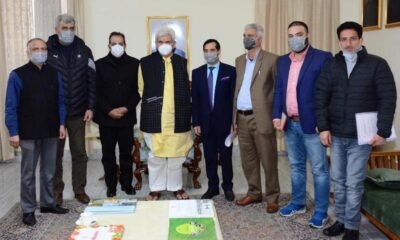

 Industry4 years ago
Industry4 years ago


 Economy2 years ago
Economy2 years ago
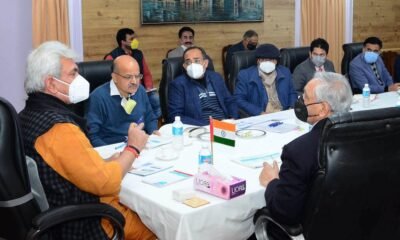

 Energy4 years ago
Energy4 years ago
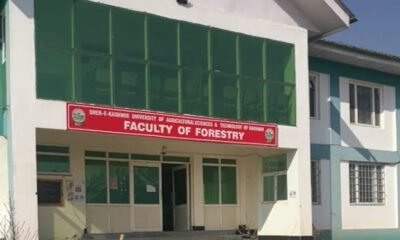

 Infra4 years ago
Infra4 years ago
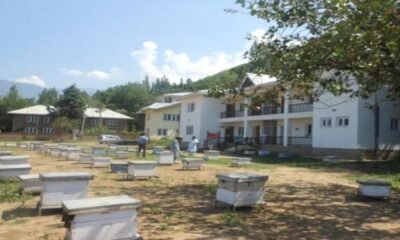

 AgriBiz4 years ago
AgriBiz4 years ago
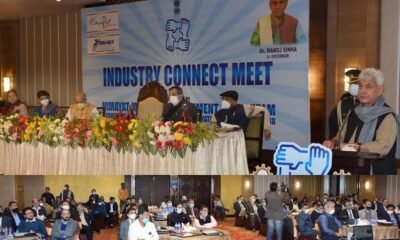

 Jobs4 years ago
Jobs4 years ago
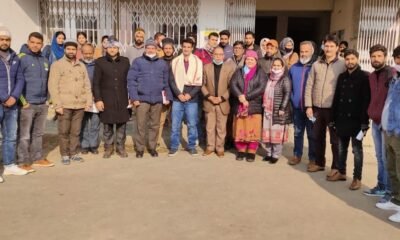

 Careers4 years ago
Careers4 years ago


 Industry4 years ago
Industry4 years ago








